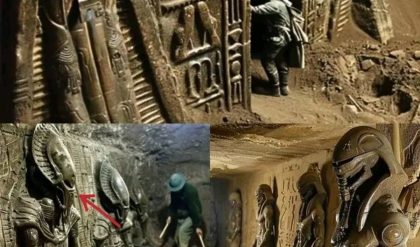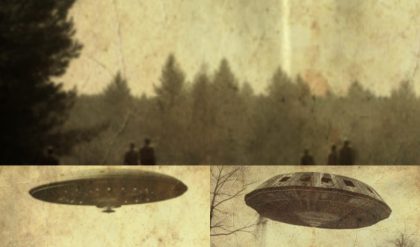In the illustrious annals of history, one peculiar hobby stands out among the aristocracy of the 1800s – dinosaur hunting. This pursuit, often associated with grand expeditions and the thrill of discovery, captivated the minds of the wealthy elite during an era marked by exploration and curiosity.

During the 19th century, amidst the backdrop of burgeoning scientific inquiry and a fascination with the natural world, the aristocracy found themselves drawn to the allure of prehistoric creatures. Fuelled by a desire for adventure and prestige, noble families embarked on expeditions to unearth remnants of a bygone era.
The term “dinosaur hunting” conjures images of intrepid explorers traversing rugged landscapes in search of ancient fossils. These hunts were not merely recreational pursuits but endeavors fueled by a desire to unravel the mysteries of the Earth’s distant past.
Leading these expeditions were individuals whose names are now synonymous with the field of paleontology. Figures such as Mary Anning, whose discoveries along the cliffs of Lyme Regis in England revolutionized our understanding of prehistoric life, or Othniel Charles Marsh and Edward Drinker Cope, whose legendary feud drove them to uncover dinosaur fossils in the American West, became icons of this era of discovery.
The aristocracy’s involvement in dinosaur hunting was not solely driven by scientific curiosity; it also served as a means of asserting social status and influence. Possessing a collection of rare fossils became a symbol of wealth and sophistication, with noble families vying to amass the most impressive displays of ancient relics.
Moreover, dinosaur hunting provided an opportunity for the aristocracy to demonstrate their patronage of the sciences. By funding expeditions and supporting paleontological research, wealthy benefactors contributed to the advancement of knowledge while solidifying their own prestige within society.
However, it’s essential to acknowledge the ethical considerations surrounding the practice of dinosaur hunting during this period. While the pursuit of knowledge and the preservation of fossils were undoubtedly noble endeavors, some expeditions resulted in the exploitation and destruction of natural resources.
In conclusion, dinosaur hunting emerged as a prominent pastime among the aristocracy of the 1800s, blending elements of adventure, prestige, and scientific inquiry. Through their expeditions and patronage, noble families left an indelible mark on the field of paleontology, shaping our understanding of prehistoric life for generations to come.





